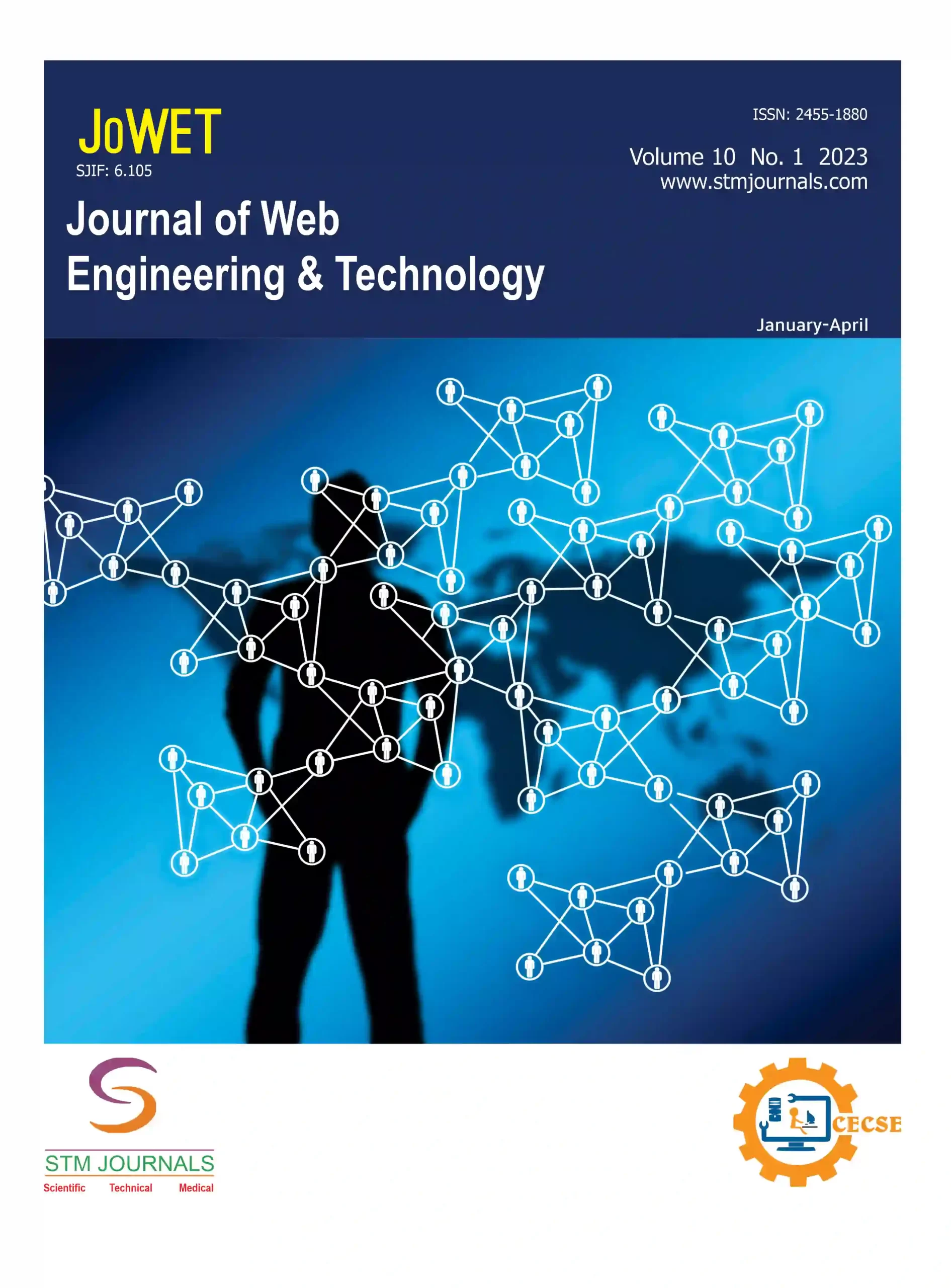
Mayank,

Abhishek Verma,
- Student Department of Computer Science Engineering, Amity University, Noida Uttar Pradesh India
- Assistant Professor-I Department of Political Science, Amity Institute of Social Sciences, Noida Uttar Pradesh India
Abstract
In the interconnected world of the 21st century, the sphere of international relations extends into the digital realm, where cybersecurity has become an arena of strategic importance. This intricate interplay of technology and geopolitics has birthed a digital battlefield where state and non-state actors engage in actions ranging from espionage to sabotage, thus influencing global stability and order. The phenomenon of cybersecurity in international relations involves multiple facets, including but not limited to cyber warfare, espionage, diplomacy, and information control. States harness the power of digital technologies to advance their geopolitical goals, forming a new domain of conflict where victories and defeats are not always visible to the public eye. This covert warfare has far-reaching implications for national security, economic interests, and the sanctity of democratic processes. Nation-states have been compelled to innovate new defensive and offensive cyber strategies to secure their data infrastructure and exert influence on the global stage. The establishment of protective measures such as firewalls, intrusion detection systems, and stringent cyber laws is juxtaposed with aggressive tactics like the deployment of cyber-attacks against critical infrastructure, data breaches, and the propagation of disinformation campaigns. Alliances and treaties are formed with a focus on mutual cybersecurity cooperation, sharing intelligence, and technology transfers. These alliances shape power dynamics and are indispensable in countering threats that are borderless by nature. Conversely, revelations of state-sponsored cyberattacks strain diplomatic relations, leading to sanctions and a rise in cyber arms races amongst global powers.
Keywords: Cyber security, international relations, digital realm, cyber warfare, realism
[This article belongs to Journal of Web Engineering & Technology(jowet)]
References
- Arquilla J, Ronfeldt D, editors. Networks and Netwars: The Future of Terror, Crime, and Militancy. USA: RAND Corporation; 2001.
- Bunn M. Cyber Security and International Relations: Navigating the Digital Battlefield. Routledge, United Kingdom; 2019.
- Chen L, Wang Y. Cybersecurity and Great Power Rivalry: A Case Study of US-China Relations. J Int Aff. 2020; 74(1): 45–63.
- Dasgupta A. Cybersecurity in South Asia: Trends, Challenges, and Strategies. India: Institute of Peace and Conflict Studies. 2016.
- Kreuger D. The Geopolitics of Cybersecurity: Implications for the U.S. National Security. USA: Harvard Kennedy School Belfer Center for Science and International Affairs; 2018.
- Lee K, Park H. Cybersecurity in Northeast Asia: Challenges and Opportunities for Cooperation. Asia-Pacific Security Analysis. 2020; 17(1): 78–94.
- Nguyen TT. Cybersecurity and Regional Stability: A Southeast Asian Perspective. Asia-Pac Rev. 2018; 25(3): 213–230.
- Patel S. Cybersecurity Threats and Challenges in the Middle East: An Analysis. Middle East Policy Review. 2016; 23(4): 401–417.
- Roberts P. Cybersecurity and Energy Infrastructure: Assessing Vulnerabilities and Risks. Energy Security Journal. 2016; 13(1): 56–72.
- Sengupta S. Cybersecurity and International Relations: An Introduction. Palgrave Macmillan; 2017.
- Smith M. Understanding the Intersection of Cybersecurity and International Relations. Journal of Cybersecurity Studies. 2023; 5(2): 89–105.
- Wang H, Li X. Cybersecurity and Economic Interdependence: The Case of Sino-American Relations. Chinese Journal of International Studies. 2021; 28(3): 289–305.
- Zhou L, Huang Y. Cybersecurity and International Relations: A Chinese Perspective. Chinese Journal of Security Studies. 2015; 11(1): 78–94.

Journal of Web Engineering & Technology
| Volume | 11 |
| Issue | 01 |
| Received | March 11, 2024 |
| Accepted | March 14, 2024 |
| Published | April 6, 2024 |

